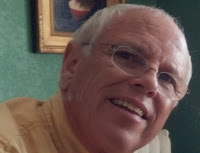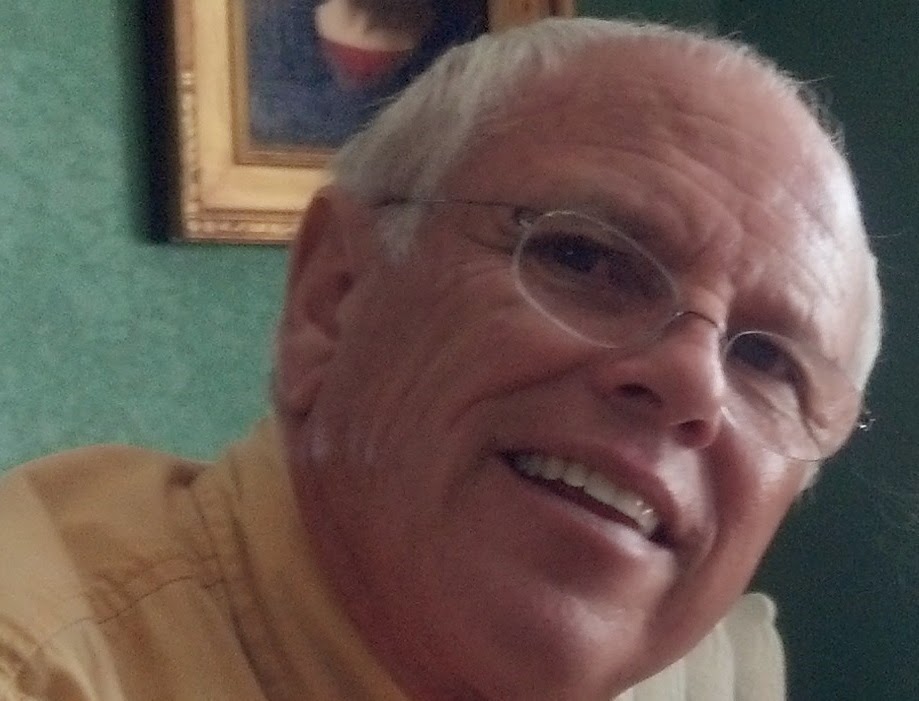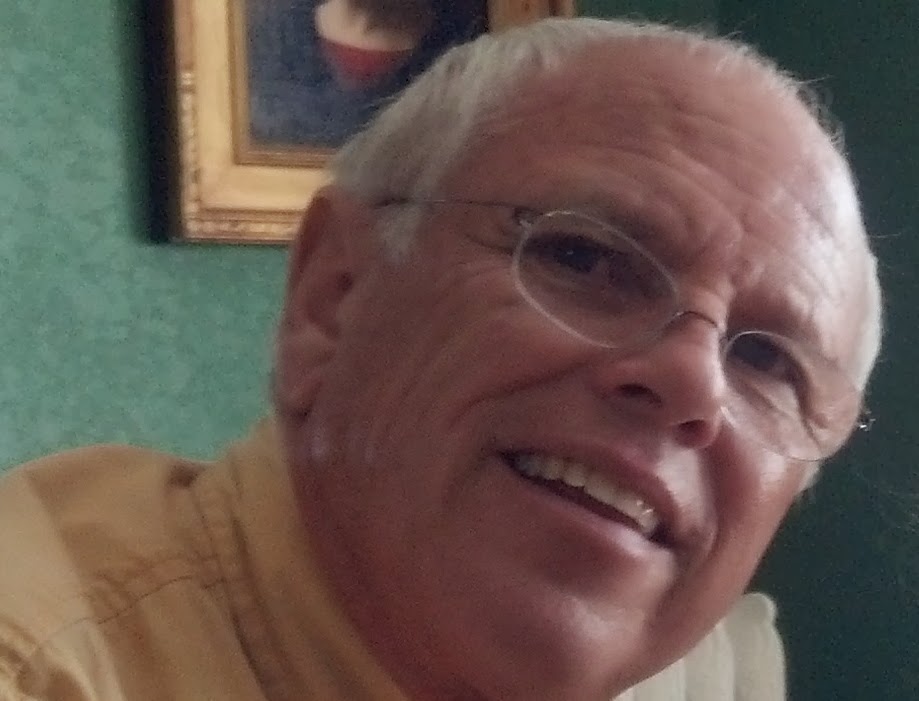experiences of LGBTQ young people of color and the broader LGBTQ community.
That was the main message behind the need for a separate vigil that took place
in mid-June 2016 in Denver to remember the victims of the Orlando massacre.
Organized by the nonprofit Survivors Organizing for Liberation (SOL) and Buried
Seedz of Resistance (BSEEDZ), a youth project of SOL, the vigil was led by
LGBTQ young people of color.
first vigil that was hastily organized at a Denver gay nightclub that featured
speeches by public officials and spokespeople from a few nonprofit
organizations. When two carloads of SOL and BSEEDZ activists arrived at the
nightclub, they were shocked at the extensive presence of police officers who
were searching people as they entered the building. Appalled, SOL and BSEEDZ
activists unanimously decided not to attend the event.
are rooted in acts of resistance against police brutality,” proclaimed the
public statement of BSEEDZ and SOL in direct reference to the 1969 Stonewall
Rebellion, which is widely recognized as the start of the movement that has
evolved to the modern-day fight for human rights for LGBTQ people. “We refuse
to accept suggestions that increased police presence in our queer and trans
spaces will improve risks of violence or increase any sense of safety.”
diverse group of about 100 people from the Latina/Latino, Muslim, LGBTQ,
American Indian, Two-Spirit communities and allies. In addition to remembering
and reading the names of the victims of the Orlando massacre, attendees paid
tribute to and read the names of 14 trans women of color who have been murdered
so far in 2016.
folks that this isn’t an isolated incident, that this has been happening, that
we forget the 25 plus transwomen who were murdered last year, the 14 transwomen
who have already been murdered this year,” stated BSEEDZ activist Diana Amaya
at the start of the vigil. “All of this is just part of genocide to our
people.”
the deadliest on record for transgender people in the U.S., according to
statistics tracked by SOL and other nonprofit entities that are part of the
National Coalition of Anti Violence Programs (NCAVP). According to NCAVP, last
year’s record does not include trans women whose deaths were not reported or
investigated nor do the statistics include victims whose gender was
misidentified or not even recognized by police and the media.
oftentimes feel disconnected from Denver’s Pride event that has been organized
annually over the past 40 years by the nonprofit GLBT Community Center, a
BSEEDZ activist noted that it “hurts so much” that Pride’s history is being
erased and that the LGBTQ largest organizations “sell out.” Attendees were
urged to remember Pride’s history, which started as an act of resistance at the
Stonewall Rebellion.
Two-Spirit individual who is transgender from female to male. Recognizing the
privilege that comes with being a man, he said his life has been so much easier
as a man and he has been negligent upon forgetting that other people in the
LGBTQ community are not as fortunate as he is as a man. One mother spoke about
being “scared” and having a “hard time” upon learning that her child is a transboy. Another woman attendee recounted her gay brother’s recent experience of
being escorted off stage at his college graduation when he raised his fist and
yelled the “Orlando” word.
the slam poetry team called Minor Disturbance, read a poem they wrote for the
occasion. Before reading the poem to the attendees, they acknowledged:
“Queerness has not always been something that was shamed before the colonizers
came, it was something that was sacred. It was something that was beautiful and
it’s still something that is beautiful.”
and Muslims, BSEEDZ activist Amanas pointed out that the Orlando killer’s
Muslim identity makes all Muslims vulnerable to acts of violence by white
racists. “We know Islamophobia and homophobia as the same monster known by
different names,” said Amanas, who urged vigil attendees to break the fast
during the Muslim religious season of Ramadan by sharing a bowl of dates with
other people.
sent to the constituents of Denver City Council (DCC) elected member Robin
Kniech, an open lesbian who represents all of Denver as the at-large
representative at DCC. She stated that, despite the vigils and the camaraderie
at Denver’s Pride parade (which she noted had fewer spectators this year), she
is “not feeling better” nowadays. “Most of my LGBTQ friends and colleagues
don’t report feeling better, not when you ask them privately,” she added.
feel fear,” proclaimed Representative Kniech. “And for me, it isn’t a new fear.
It’s about fears I’ve long held. Fears I struggled with, tried to talk myself
out of, suppressed. The inability to shake the feeling that all of these fears
were real and true after all. That at some point, someone who has real issues
with gay people, will want to hurt me because of who I am. Hurt
my partner. My son because he is with me. My friends. I am afraid, and angry
about my fear. In a state where I’m protected from being fired, could get
married, and was elected as an out lesbian, I am once again thinking twice
about whether and where to hold hands with my partner.”
status despite being a woman and an out lesbian, DCC Representative Kniech
stated: “Many folks who see me on the street don’t assume I’m gay, and I’m
white in a world where violence still happens less to those of my ethnic
background. So I feel even more fear for those in our community who don’t share
those privileges. And more anger about that fear.”
“terrorists haven’t won” in an effort to resume a life of normalcy,
Representative Kniech declared: “I write this piece to honor pausing. Pausing
to feel and name the personal fear and pain that was lying in wait and has been
triggered by these events, whether among Latino/a or LGBTQ folks, those
impacted by other forms of gun violence, or others. I don’t think naming this
personal pain disrespects those who were lost, or the causes that have to be
fought.”
the fear and pain somehow means that the terrorists have achieved their goal of
making people emotionally paralyzed from fear, Representative Kniech ended her
insightful communication by stating: “It doesn’t reward terrorists. In fact, I
think talking about fear, and how dangerous it can be, within ourselves, or
motivating evil acts by others, might be important to really changing the world
where these acts of hate motivated by fear are proliferating.”
been an activist in peace and social justice movements in Colorado. His
activism began in 1964 by knocking on doors to urge people to vote for peace
and justice, but in 1965 he and other activists began marching in the streets
to protest against war and injustice. His family was part of a big migration of
Mexican-Americans from northern New Mexico to Colorado Springs in the 1940s. He
lived in Colorado Springs until 1975 and then moved to Denver, where he still
resides. He was among 20 people arrested and jailed in Colorado Springs during
a 1972 protest in support of the United Farm Workers union that was co-founded
by Cesar Chavez and Dolores Huerta. For his many years of activism, Martinez
received the 1998 Equality Award, 1999 Founders Award, 2000 Paul Hunter Award,
2001 Community Activist Award, 2005 Movement Veterans Award, 2006 Champion of
Health Award, 2008 Cesar Chavez Award, 2013 Lifetime Achievement Award, and the
2013 Pendleton Award. La Gente Unida,
a nonprofit co-founded by Martinez, received the 2002 Civil Rights Award. The
year 2014 marked the 50-year anniversary of his volunteer work in numerous
nonprofit situations.



